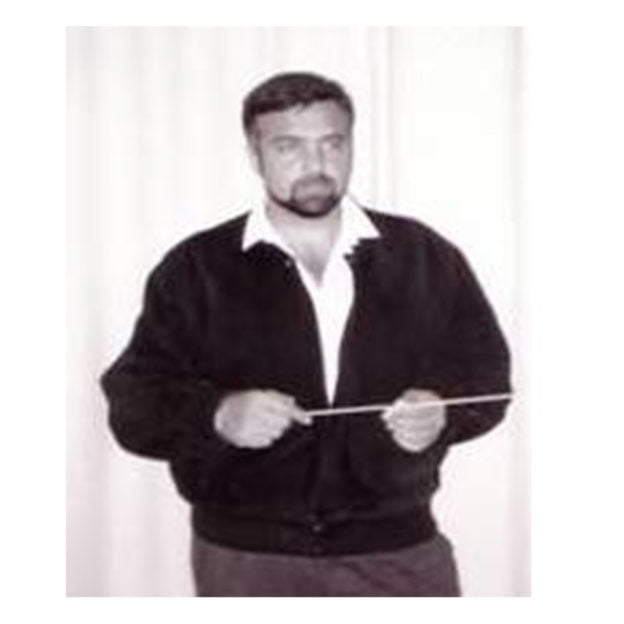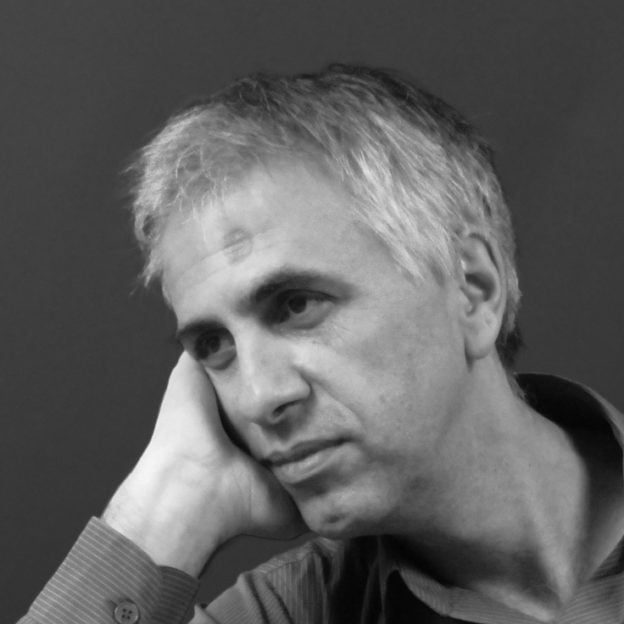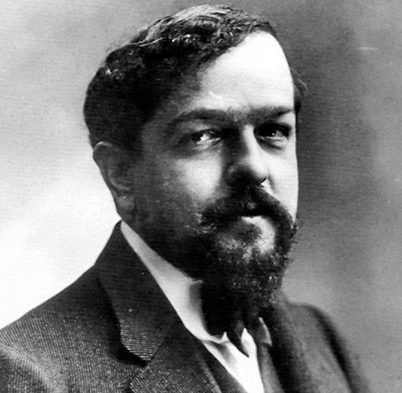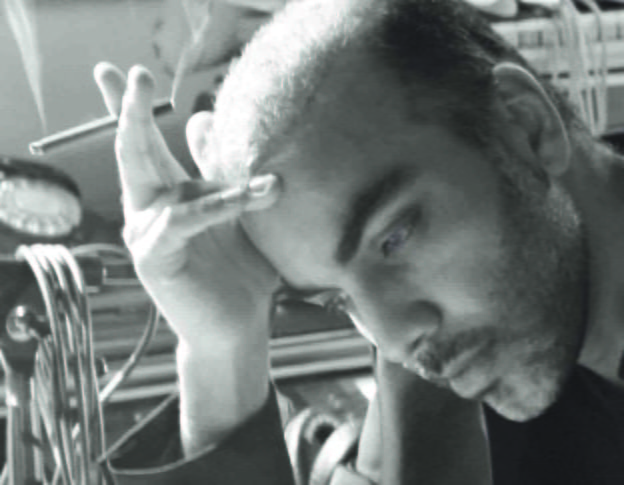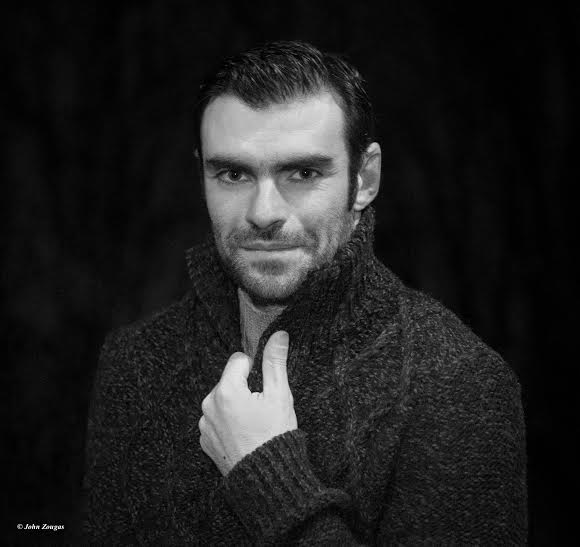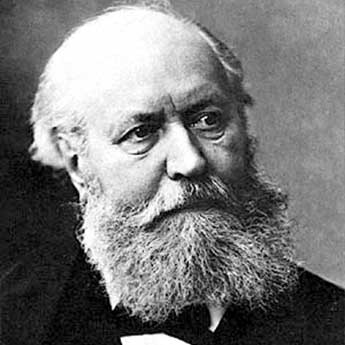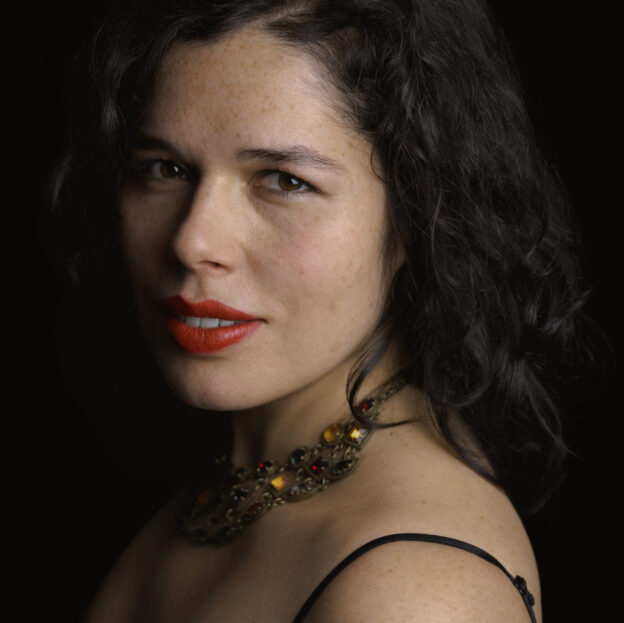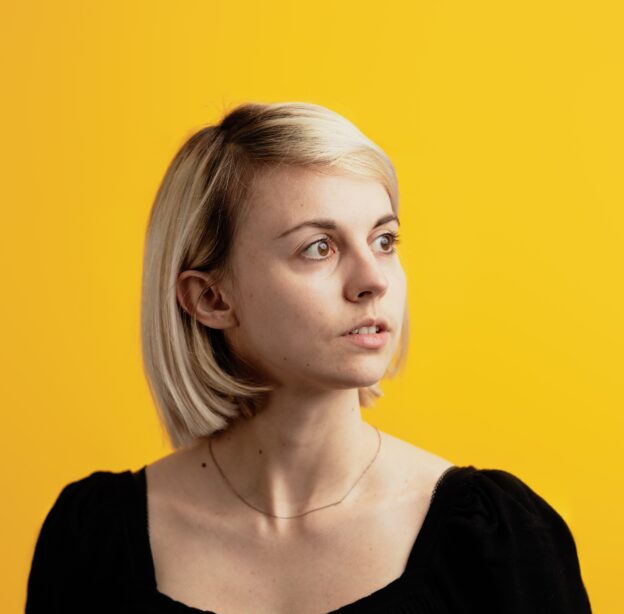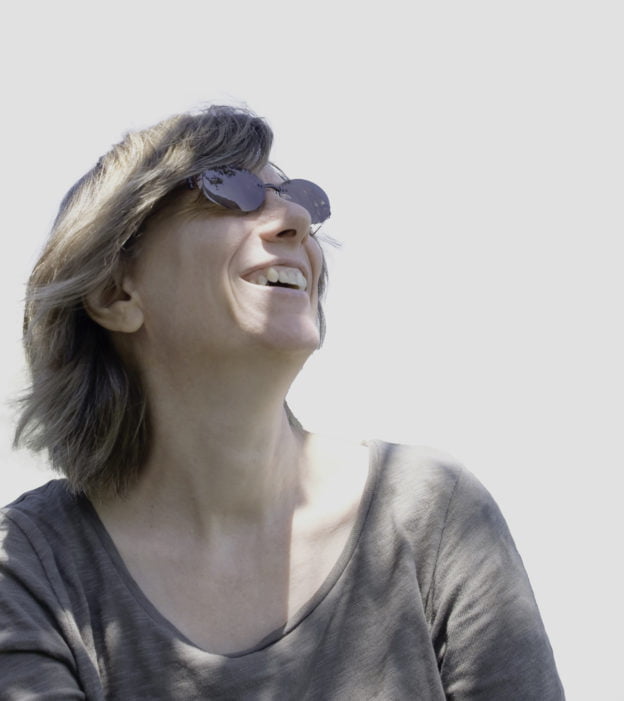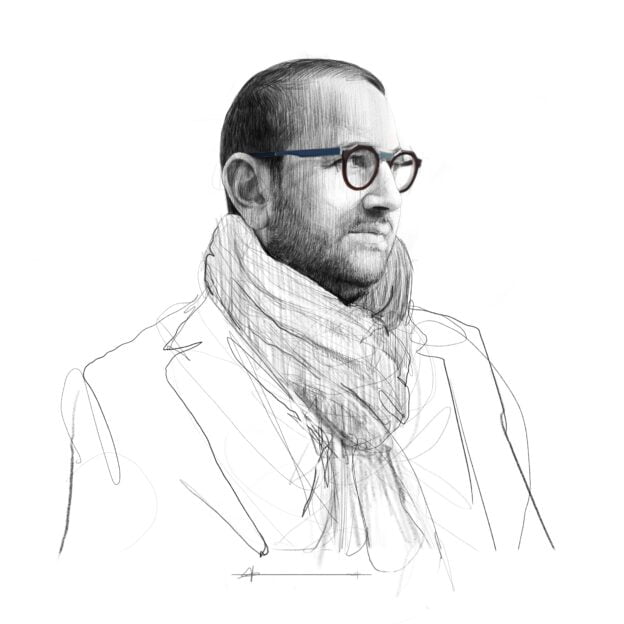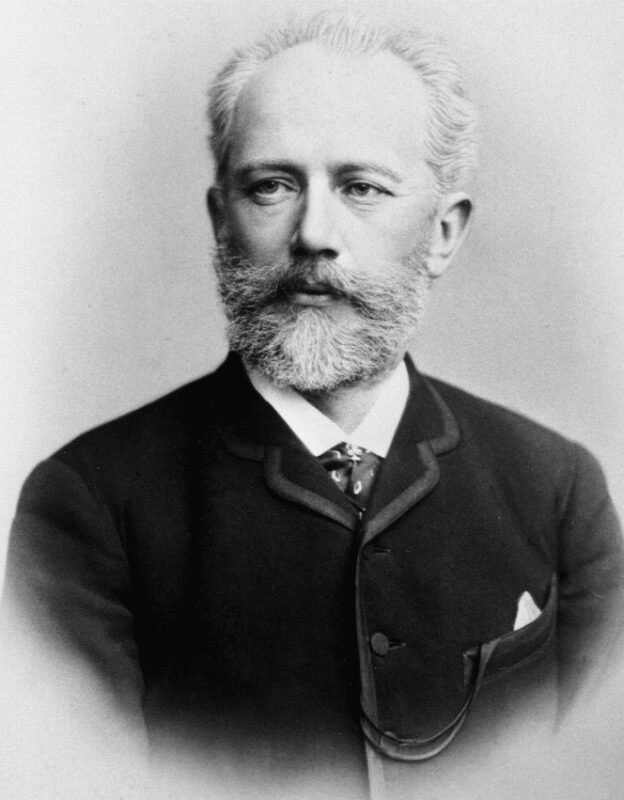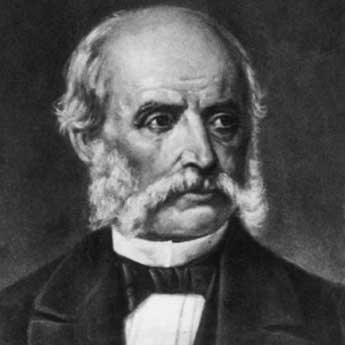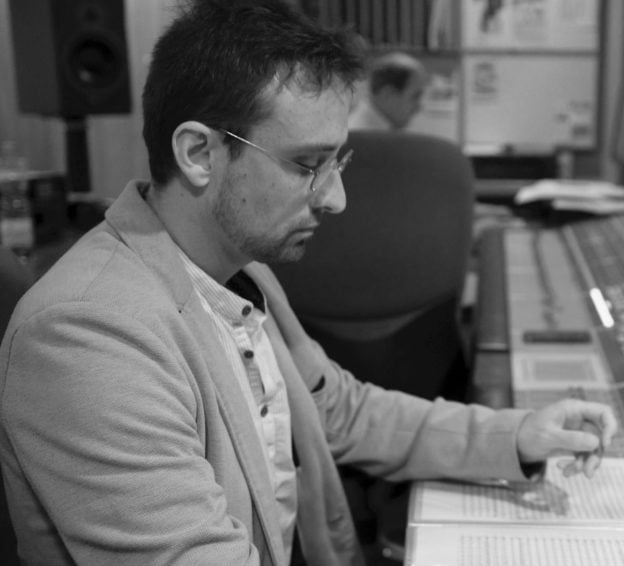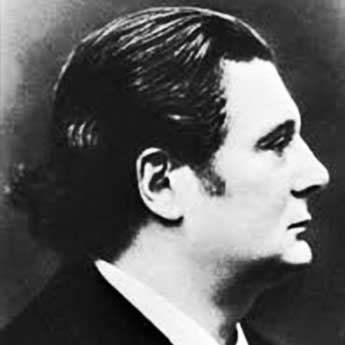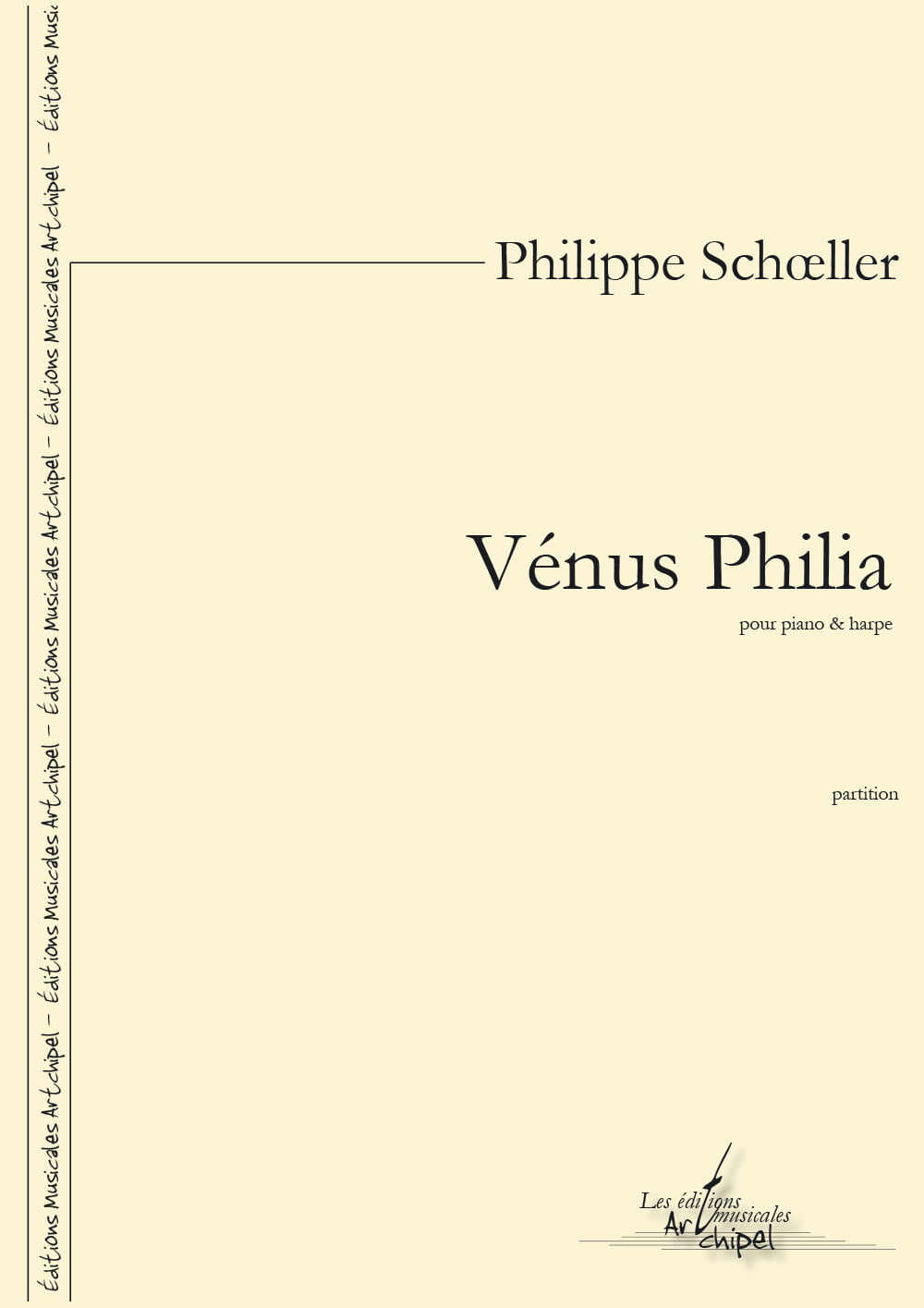Vénus Philia
7,00 €
14,00 €
Matter and spirit.
Venus: this burning sphere gravitating around our Sun, in dialogue with a goddess symbolizing Love. Here, the harp, vertical strings in motion, swirling with the horizontal strings of the piano. Sensitive strings. Resonance and song to summon the oracle. Space. Radiation from one resonance to another, for what could be more eloquent than a vibrating string where silence is born, lives, and finally touches in its disappearance.
Here, in a very symbolic way, like a glacier of feeling, is what I’d like you to hear from this double entity.
Exact numbers and ancient letters.
The goddess Venus is the Roman version of the Greek goddess Aphrodite. Venus is the goddess of love.
Here, Venus planet: pure matter.
Venus is one of the four telluric planets of the Solar System. It is the second planet in order of distance from the Sun
and sixth by mass or decreasing size.
Distance from the Sun: 108.2 million km
Radius: 6,052 km
Period of rotation (sidereal day): 243,023 days
Rotational speed (at equator): 6.52 km/h
Known satellites: 0
Blackbody equilibrium temperature: 231.7 K (41.3 °C)
And here: Venus, divinity, pure spirit.
Her Greek name: Aphrodite. Then her Latin name: Venus.
Her parents: Jupiter and Dioné.
Siblings: Apollo, Diana, Bacchus, Mars, Mercury, Minerva, Vulcan.
Her child: Aeneas. And, finally, her function at the heart of the pantheon: to represent the goddess of Love.
Roman mythology took over from Greek mythology. Latin authors relayed the Greek tradition and sometimes evoked the goddess
Venus in their stories.
In the Metamorphoses, Ovid evokes Venus and presents her as a goddess with great powers and a capacity for ruthlessness.
ruthless.
Venus and the Cerastes
Cerastes are horned monsters who devour their hosts. To stop the carnage, Venus transforms them into wild bulls.
Venus and the Prophetids
The Prophetids are punished for denying Venus’ existence. The goddess forces them into prostitution, then turns them to stone.
In the Aeneid, Virgil quotes Venus, mother of Aeneas, several times.
The Aeneid
The Trojan Anchises falls in love with the goddess Venus. They have a child: Aeneas, who will become a Trojan prince and a valiant warrior.
to found a new city after the fall of Troy.
Venus accompanies her son on his journey and tries to help him face the many dangers along the way.
This is it. A paradoxical symmetry.
Voilà: this text of words to read before, or after, listening to this score, a double entity. A double star.
Philippe Schœller
Additional information
| Weight | 0,27 kg |
|---|---|
| Dimensions | 0,42 × 29,7 × 0,3 cm |
| Support | PDF, Papier |












